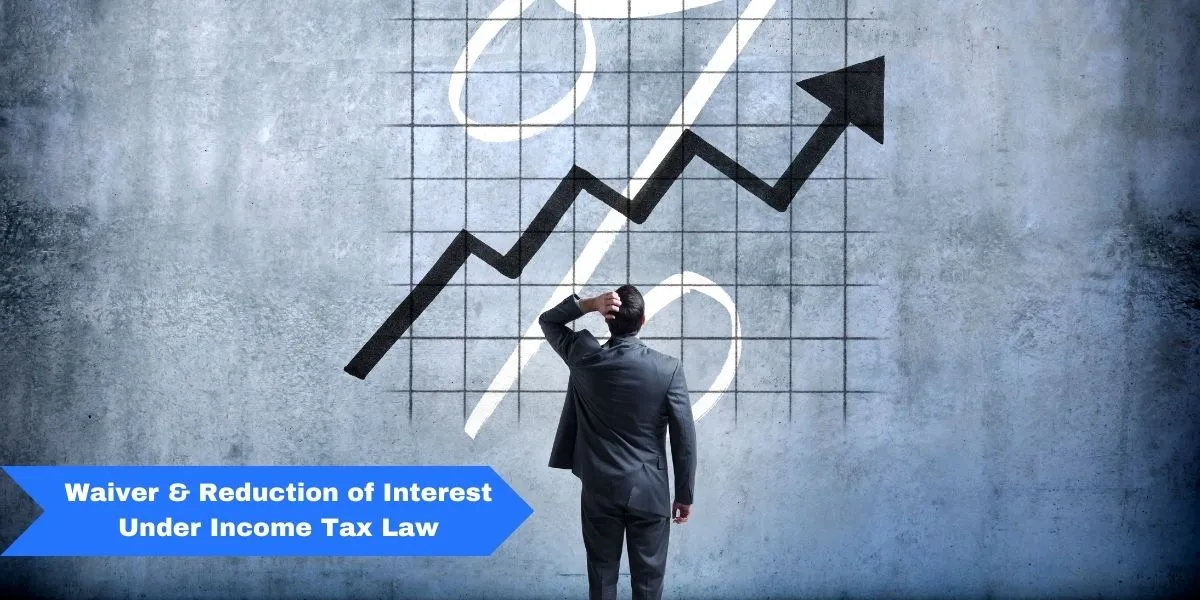Waiver & Reduction of Interest Under Income Tax Section 156 and 220

The Income Tax Act, 1961 lays down certain provisions which give power to the Assessing Officers (AO) to collect outstanding dues from the taxpayers by raising demand notice. Section 220 and 156 of the acts plays a significant role in this regard. Further, non-payment of the demand under income tax law can attract interest costs to the assessees. But in certain cases, the interest can be waived under the provisions of the Income Tax Act. Let’s understand in detail how the demand provisions work and when can the interest be waived by the AO.
Section 156 and Section 220: Notice of Demand
Section 156 of the act lays down the method following which the AO recovers the amounts payable under the Income Tax Act. As per this section, if there is any tax, fine, penalty or any other sum payable under the income tax law, the AO shall serve a notice of demand on the assessee in Form No. 7 specifying the amount to be paid. If the amount payable under the law is not paid within 30 days of service of the notice, then the assessee shall be liable to pay simple interest @1% per month or part of the month from the due date specified in the notice till the date of payment. If the AO has valid reasons, then he can reduce the aforesaid period of 30 days.
Section 220(2): Interest Under Income Tax Law
Section 220 also specifies the cases for reduction of interest under income tax act or waiver of the same by the AO. Let’s understand these situations:
Reduction in Interest Under Income Tax: Section 220(2) of the Income Tax Act specifies the scenarios whereby the interest can be reduced. As per this section, if as a result of the order under sections 154, 155, 250, 254, 260, 262, 264 or because of the order of the Settlement Commission under Section 245D(4), the amount of interest has been reduced, then the actual interest payable shall be reduced and any excess interest paid by the assessee should be refunded.
Waiver of Interest Under Income Tax: Section 220(2A) gives power to the Principal Chief Commissioner or Chief Commissioner or Principal Commissioner or Commissioner of Income Tax to reduce or waive the interest under income tax payable by the assessee if he is satisfied that:
- Payment of such interest has caused or would cause genuine hardship to the assessee
- Default in the payment of the amount on which the interest is payable was due to circumstances beyond the control of the assessee
- The assessee has extended cooperation in any inquiry relating to the assessment or any proceeding for the recovery of the amount payable by him
Application by the Assessee: The AO shall pass the above order upon application for waiver or reduction of interest by the assessee. The AO shall pass the application within a period of 12 months from the end of the month in which the application is received. Further, an order rejecting the application shall only be passed after giving the assessee an opportunity of being heard.
Following are the complete details regarding the reduction and waiver of interest under income tax payable as a consequence of the demand raised by the income tax authorities. In case you need any assistance in relation to income tax compliances and proceedings, feel free to contact the ASC Group.

Leave a Reply